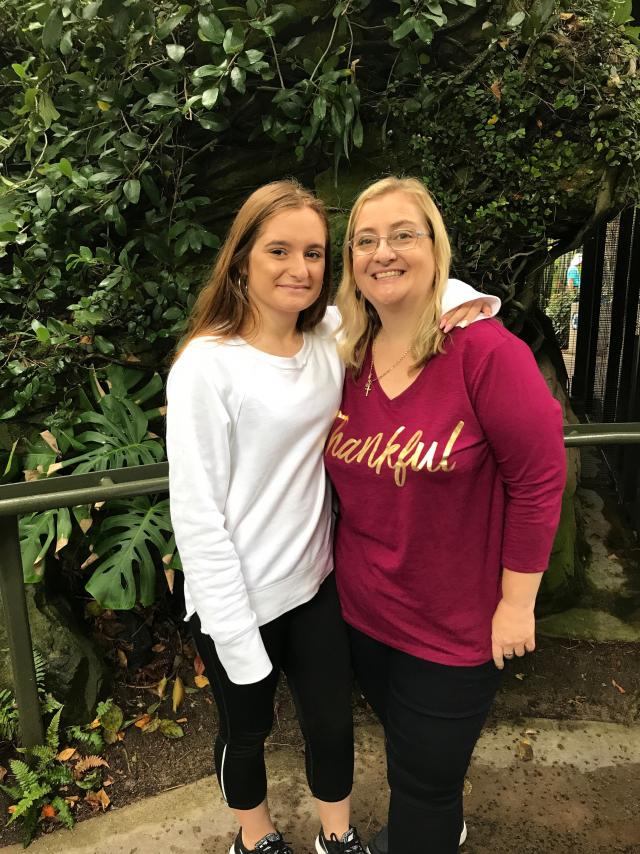
By Cam Lucadou-Wells
Foster carer Amanda Capsalis says her home is a better place for hosting her three foster children all aged under 5.
“It’s a busy normal home where we have lots of things going on at any given time,” the Endeavour Hills registered nurse says.
“But there’s lots of love in our home. Our home is a better place to have the children in it.”
Ms Capsalis said she feels she was born for the role but had hesitated for years.
“I was putting barriers up – I was a single mum working full-time. And I kept thinking I can’t do it because of this.
“It had always been in my heart. I’d grown up underprivileged in housing commission – life wasn’t always easy.
“From an early age, I always had a heart for kids.”
According to Anglicare Victoria, Ms Capsalis is among many foster carers supporting about 46,000 vulnerable kids in Australia – more than 3 per cent of children aged 17 and under.
Emotional abuse is the most common reason for children going into care, followed by neglect, physical abuse and sexual abuse.
What helped Ms Capsalis make the first step was the wide range of support.
Since enlisting with Anglicare Victoria in May 2019, she received accreditation and regular training.
A respite carer takes care of the children once a month, she has a care support worker, a dedicated after-hours hotline, and she keeps in touch with a “community” of other foster-carers.
She is also reimbursed for all out-of-pocket expenses related to the care of the children.
“You build a network of people around you so you don’t feel you are doing it on your own.”
Ms Capsalis has also been helped by her adult daughter Hannah and her house mate Peter Kent, who also gained foster-care accreditation.
A year in, she also chose to give up work as a registered nurse to devote to the children as they start school.
She builds a strong routine with them, reading them bedtime stories, cooking cupcakes, starting a vegie garden and taking weekend trips out of the city.
She’s watched them reach developmental milestones, nurtured them through the impacts of past trauma.
“When the little one’s plate was empty, they’d scream for 20 minutes until they were assured there was food in the cupboard.”
It gives Ms Capsalis great joy to provide the kids a “safe and loving home”, while also knowing the aim is for them to ultimately return home to their biological parents.
“They’re not my possessions. And it’s not to say it will be easy to say goodbye and my heart would break – but this is foster care. It’s a chance to love a child for as long as you’re able to.
“You hope to leave a little seed of hope.”
She builds a “communication book” with photos to keep the parents up to date with their kids, such as at Christmas.
“I want the families to know their kids are loved and cared for.”
Her philosophy is to “make a difference to these three little kids for as long as I have them”.
“Not everyone has a safe home, a roof over their heads and food on the table.
“I put my head down on my pillow every night and know my kids are safe, protected and loved.”
Currently, there’s a desperate shortage of about 700 carers in Victoria.
Ms Capsalis urges anyone who has “a tug in their heart” to dip their toe in as a foster carer or attend an information session.
“You’re not alone and you don’t have to change your life – it can just be for a weekend, as much as you’re able to do.
“It all makes a difference.”
Foster Care Week runs between 11 and 17 September. To enquire about being a foster carer, go to anglicarevic.org.au/fostering or call 1800 809 722.






